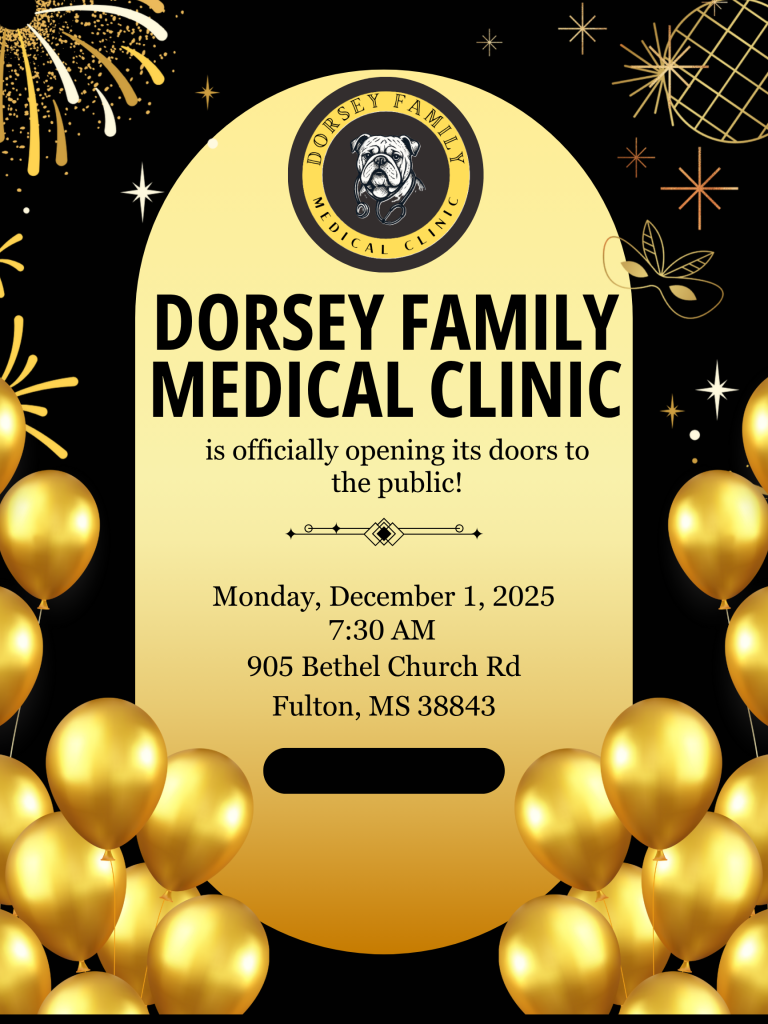2020 has been quite the year for the medical world with the world’s first true pandemic in a century. You may have missed the many new innovations in medicine, surgery, and medical technology that improve the health and lives of patients all over the world. Today we’re reviewing the top 10 medical innovations of 2020, according to Cleveland Clinic.
Dual-Acting Osteoporosis Drug
Osteoporosis causes the bones to become weak and brittle resulting in the patient being more susceptible to fractures. Unfortunately, the symptoms of osteoporosis are silent and the patient has no control over preventing fractures. This new medicine has bone-strengthening power which helps prevent future breaks.
Expanded Use of Minimally Invasive Mitral Valve Surgery
In about 1 in 10 people over the age of 75, the heart’s mitral valve is defective causing regurgitation. The mitral valve pumps blood from the left atrium to the left ventricle. This year, approval for the minimally invasive corrective surgery to repair defective mitral valves was expanded to a wide new range of patients giving more people access to this much-needed treatment. Medical experts and heart patients alike consider this a huge win for the healthcare field.
Introductory Treatment for Transthyretin Amyloid Cardiomyopathy
Known as ATTR-CM, this cardiovascular disorder is progressive, underdiagnosed, and potentially fatal disease that had no medication or other successful treatment option until this year. But after breakthroughs in 2017 and 2018, the FDA finally approved the drug tafamidis for treatment.
New Treatment for Peanut Allergies
Peanut allergy is a terrifying food allergy affecting millions of children causing them to be unable to breathe after contact with the allergen. So far, emergency epinephrine is the only treatment to stop allergic reactions from peanut allergies but now a new treatment could help. An immunotherapy drug that builds up a tolerance in the body to peanuts has been successfully developed and is being tested as we speak that could save the lives of peanut allergy sufferers.
Closed-Loop Spinal Cord Stimulation
A popular treatment for chronic pain and alternative to opioid medication is a spinal cord device that provides electric stimulus to the spinal cord. However, overstimulation and subtherapeutic results are a common downside from the treatment. New closed-loop spinal cord simulation technology allows for better communication to the device and better treatment results.
Biologics in Orthopaedic Repair
Recovery from orthopaedic surgery can take months, but developments in the use of biologics–cells, blood components, growth factors, and other natural components–are showing promising signs of speeding up the process.
Antibiotic Envelope for Cardiac Implantable Device Infection Prevention
Each year, about 1.5 million patients around the world receive an implanted cardiac device. Unfortunately, infection remains a potential issue for these patients as long as the device is implanted. Now, antibiotic envelopes will encase these devices, preventing infection.
Bempedoic Acid for Cholesterol Lowering in Statin Intolerant Patients
High cholesterol causes heart attacks and strokes. Statins are drugs used to lower cholesterol in people who are unable to do so with proper diet and exercise. Though statins save lives, the drugs also cause muscle pain in many patients. Bempedoic acid has been proven to be a viable alternative to statins without the painful side effects.
PARP Inhibitors for Maintenance Treatment of Ovarian Cancer
Ovarian cancer is one of the most deadly cancers affecting women today. PARP inhibitors block the repair of damaged DNA in tumor cells, increasing cellular death and slowing disease progression. This treatment is key in improving progression-free survival of advanced stages of the disease and is now approved for first-line maintenance treatment for patients. Several large-scale trials of PARP inhibitors in the treatment of cancer are currently underway.
Drugs for Heart Failure with Preserved Ejection Fraction
Heart failure with preserved ejection fraction, better known as diastolic heart failure, occurs when the ventricular heart muscles contract normally but do not relax as they should. This causes the heart to be unable to fill up with blood properly. Previously, there were no treatments that increased life longevity. SGLT-2 inhibitors, a treatment currently used for diabetes, is being tested as the first real treatment option for this deadly condition.



Speak Your Mind